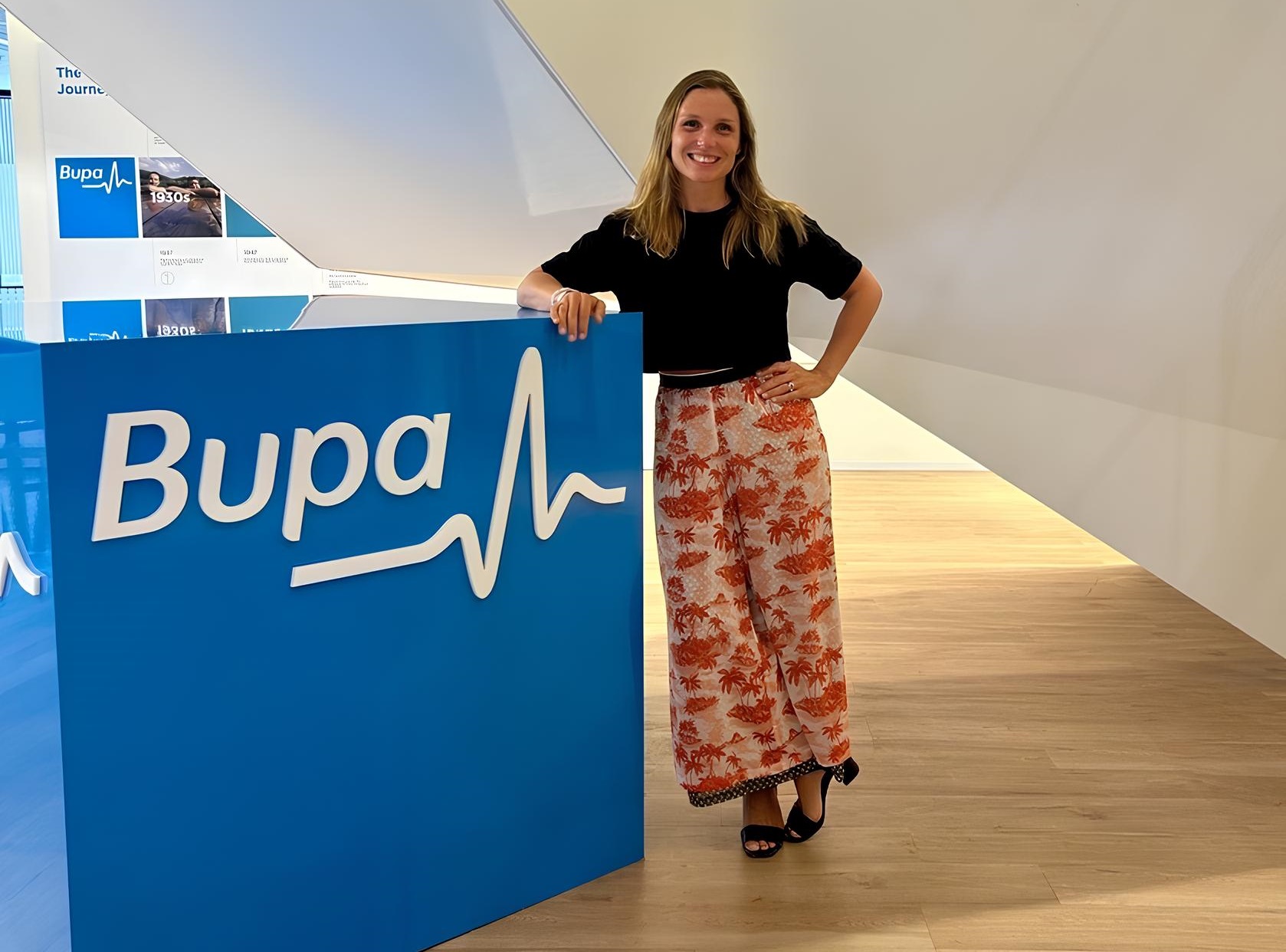The UK-headquartered health insurer has set up a A$20m fund in Australia to back young startups in healthcare areas like genomics and wearables.

There is a funding gap in Australia for early-stage healthtech startups, says Adele Moynihan. “Many funders shy away from this area due to its nuanced complexities.”
But this gap, she says, is an opportunity for UK health insurer British United Provident Association (Bupa), which in February launched a new, Australia-based corporate venture unit, Bupa Ventures. Moynihan leads the unit which has A$20m ($13m) in capital, and invests on behalf of Bupa’s regional subsidiary, Bupa Asia Pacific (APAC).
Health is a high-risk area to invest in due to being heavily regulated and having a significant barrier to achieving customer trust. A consumer may be happy to hire an emerging startup to optimise home energy usage, but they may give a second thought before handing over medical information.
Healthcare is also a less safe path for generating returns on investment than, say, software-as-a-service companies, meaning that many traditional VCs are wary of it.
“This leads to a deficiency of funders who will back early-stage companies in this area,” explains Moynihan. “Bupa is stepping in as an investor with not just capital but a wealth of sector expertise to provide a broad range of support.”
Australia and APAC as key areas
Bupa, headquartered in the UK and with operations across six continents, considers the APAC region one of its most significant markets with a customer base of 4.8 million in Australia, New Zealand and Hong Kong.
“While many global units across Bupa invest in startups, Bupa APAC opted to establish a formalised structure with the launch of Bupa Ventures to invest in this geography,” says Moynihan.
She explains that to achieve strong results and match startups’ agility, venture investors must embed themselves in the target market. “So, for Bupa APAC to best invest in and support local startups, it does so via the locally operated Bupa Ventures team.”
It may seem odd for Bupa to have launched an investment arm in Australia at a time when a number of other companies have pulled back from corporate venture in the market. Last year, Salesforce Ventures, the strategic investment unit of US enterprise software producer Salesforce, shut down its Sydney office. Three Australian banks – Westpac, Commonwealth Bank and ANZ – as well as a local insurer, IAG, also reorganised their venture units.
However, Moynihan says these closures have been less dramatic than first appearances suggest.
“If you look closely at the CVCs who have streamlined their operations, in some cases it has been to double-down on direct investing into startups and adding headcount to this team,” she says.
Moreover, 2023 was still the third-highest funding year on record for Australian startups, she adds. “What we are experiencing is a period where startups must be more capital efficient and focus on business fundamentals. This is creating resilient and customer-oriented companies for Bupa Ventures to back.”
Moynihan has a track record in setting up venture investment units. Before joining Bupa Ventures she was part of the Australian founding team of Singapore-headquartered Antler. Because Australia was one of the VC firm’s first overseas regions, she and her team had to build the foundations from the ground up. During her four-and-a-half-year stint from 2019, the firm invested in more than 120 tech companies.
Before that, she was part of BCG Digital Ventures, a corporate investment and incubation group owned by consulting firm Boston Consulting Group, in Australia for more than a year from 2017.
How Bupa Ventures plans to invest
Bupa Ventures is looking to grow the team to support activities such as deal scouting and diligence along with post-investment resources for the portfolio companies to integrate into Bupa’s broader business.
Like other CVC funds, Bupa Ventures is a strategic unit that helps the parent firm discover new business areas. These include predictive and preventative healthcare, genomics and personalised medicine, and in-home and remote care monitoring.
The unit looks to back companies from seed to series A stages with an initial allocation size of A$250,000 to A$1m ($165,000 to $655,000). The startups will need to have at least a product available in an APAC market and have also secured a lead investor for the round.
In terms of technologies, Moynihan says she is keen on wearables and how customers control their data.
“Of course, we’re seeing an impact of AI across most of the areas we’re focused on,” she adds, “from AI-enabled remote monitoring systems, transcribing tools for doctor efficiency and pattern detection in wellness apps.
“Plus, genomics is a fast-moving field that could provide a hugely significant leap forward in healthcare. In this area, we are privileged to have some of the world’s leading minds in Australia from researchers at The Garvan Institute to trailblazing companies such as Sequins.” Sequins has built a software platform that improves genomics performance through data.









